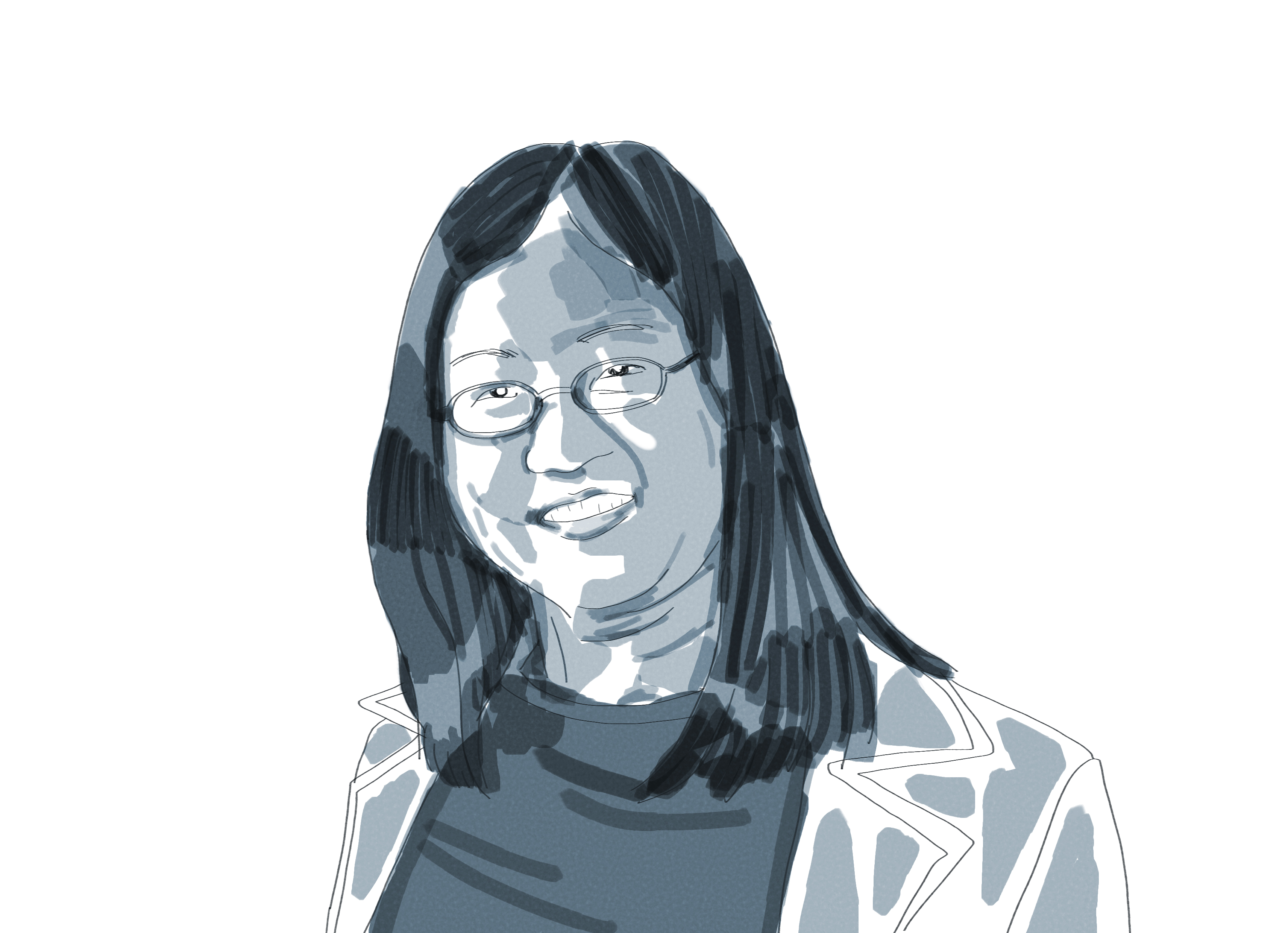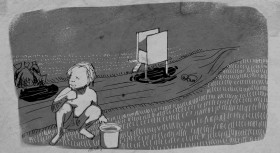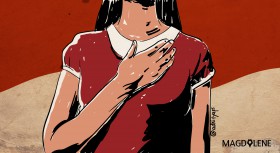Under Jokowi-JK, Indonesia has a new leash on life through “mental revolution”. The fight is on to reduce poverty, corruption and mismanagement – and, ultimately, to eradicate them. The whole world had never been this optimistic about an Indonesian leader.
Indonesia has finally found a leader who is putting things in perspective, who is diligent, and determined. Someone we would be proud to call our leader. His views are global and he acts locally, even micro-locally. Combined with his wit and inner strength, he has “cool guy” charisma like Barack Obama. And just like the latter, Jokowi also inspired a sense of “new hope” during the election season.
Sure, there are political maneuvers by those whose interests are likely being placed under the microscope, like those alleged members of the “oil mafia” and, even, perhaps public figures who supported Jokowi’s presidential campaign and are now unhappy that they are not “accommodated” in his government. But these are “noises” expected in the political playground.
Jokowi-JK’s Mental Revolution program comprises three dimensions: brain (intellect), body (health), and mentality (clear conscience). These three dimensions are interconnected with each other. Ideally, these dimensions work in harmony and synchronously.
As posited by philosopher David Hume, human beings are fundamentally benevolent. And the latest neuroscience theory suggests that it might as well be true. Referenced properly, this theory would be crucial in the realization of Indonesia’s latest “mental revolution.”
According to Professor of Neurobiology and Behavior at the Rockefeller University New York, Donald W Pfaff, in “The Altruistic Brain: How We are Naturally Good” (Oxford University Press, November 2014), Altruistic Brain Theory (ABT) sheds light on biological origins of “classical morality.”
Altruism has been pre-programmed in the amygdala part of our brain. Those with strong altruistic callings are likely to have more frequent activities, while those with low empathy toward others are likely to have less frequent activities in their amygdala. However, as a species our evolution has been largely influenced by how altruistic we are.
The logic is that more altruistic humans tend to receive more support in parenting and raising their offspring. We must cooperate to survive and those who are more altruistic tend to be better received by their opposite sex, so they are likely to pass on their biological genetic markup to their descendants. The altruistic genes would snowball and the whole human race shall become more altruistic as the evolution process keeps rolling.
Another research in Nature Neuroscience Journal dated December 24, 2012 revealed that although primates might never agree that it is better to give than to receive, doing an altruistic act does trigger a specific brain region to work, which is identified as the “Social Brain.”
Human beings are pre-programmed with altruistic and social brains. Thus, it is our responsibility to increase our altruistic intelligence, just like we have been working hard to increase our intellectual intelligence. And by “altruistic” I’m referring to an organic and universal drive of selflessness, not steered by certain sets of dogmas and religious teachings.
In September 2012, neuroscientists at Mount Sinai School of Medicine in New York found the “seat of human compassion,” which is called the anterior insular cortex. This part is hidden in a fold deep in the brain structure, where empathy and kindness toward others are operated and managed.
Such studies about how human brain works in the matter of altruism are crucial for better understanding how people behave and which psychological conditioning strategies would be appropriate.
It is a challenge for Culture and Elementary and Secondary Education Minister Anies Baswedan in developing working programs to condition Indonesian students’ heightened altruistic capacity. I would suggest creating a caring and non-judgmental environment for all children in inclusive schools, which include children with special needs such as those with autism, down syndrome, cerebral palsy, and others.
Conditioning and increasing altruistic intelligence are key to a more humane Indonesia, where justice, fairness, and empathy toward fellow human beings and animals are realized. And it all starts at home, where women have a big influence.









Comments